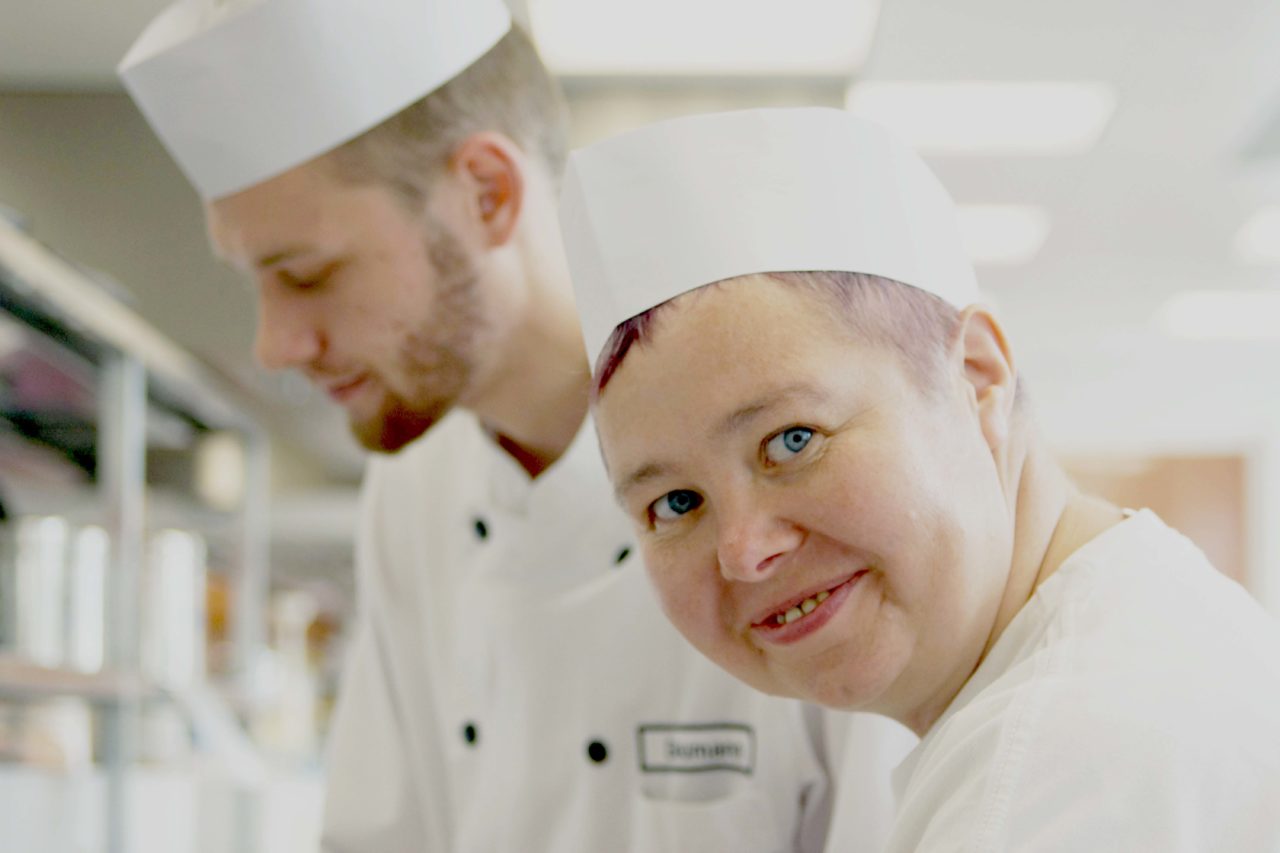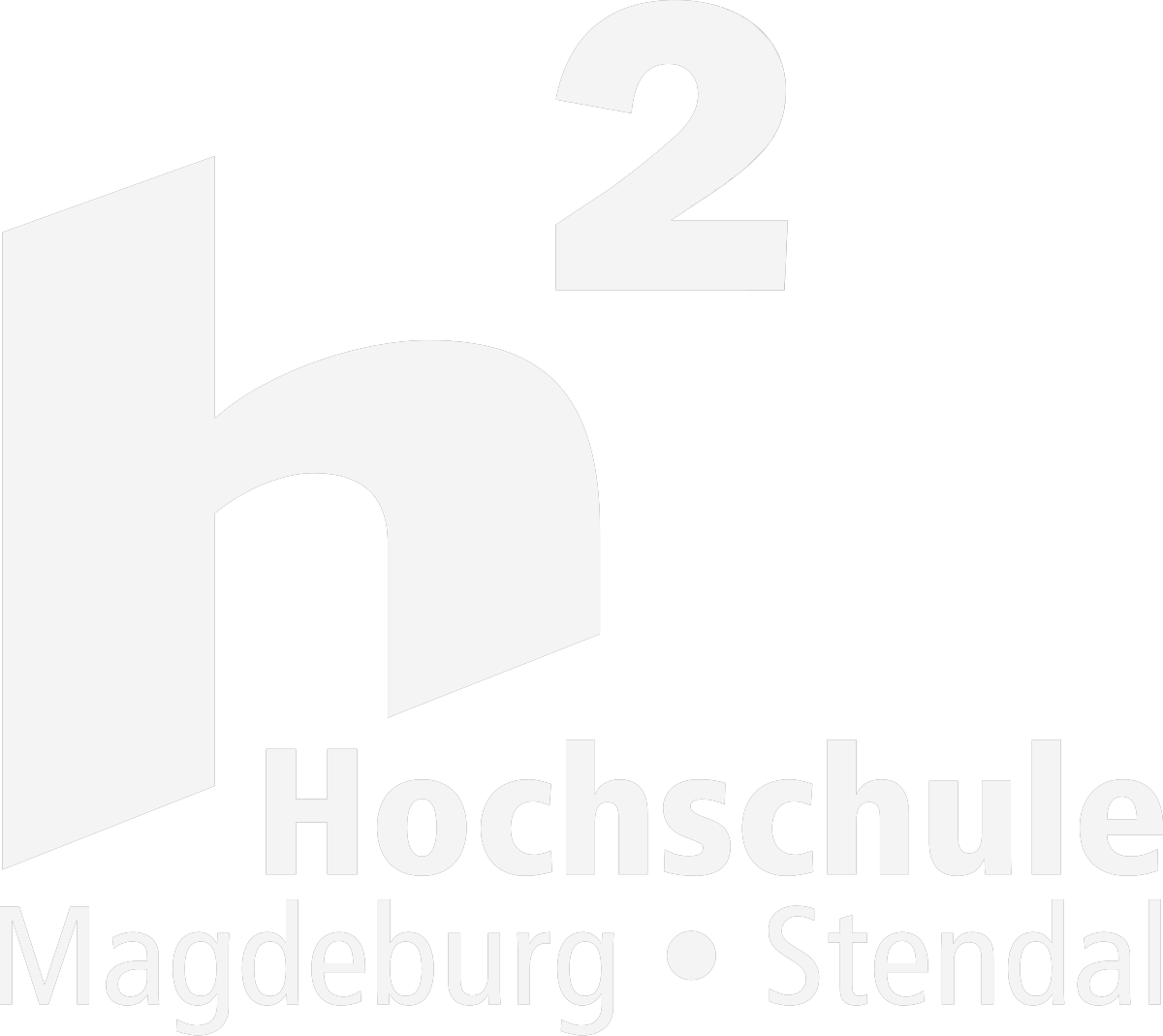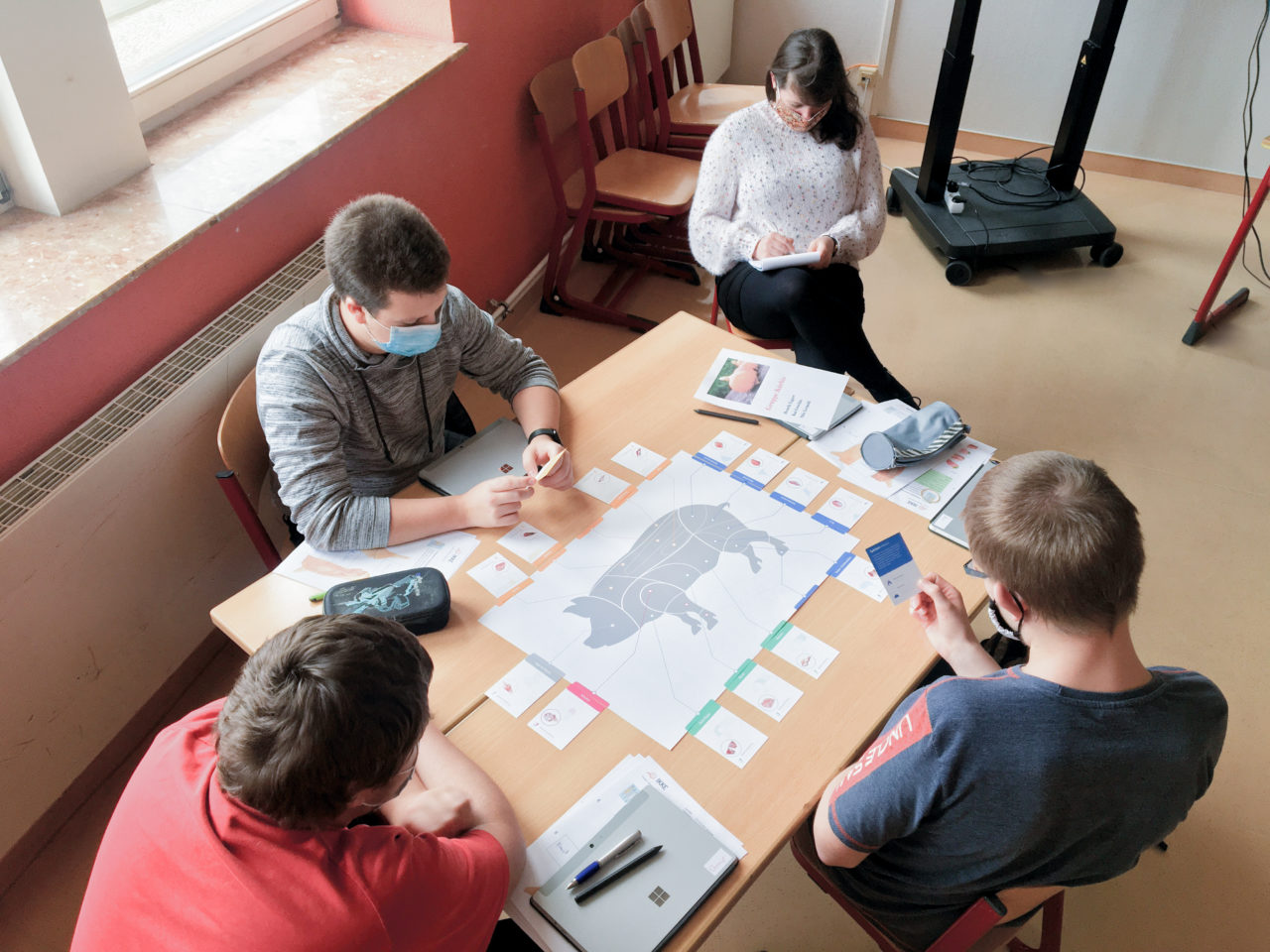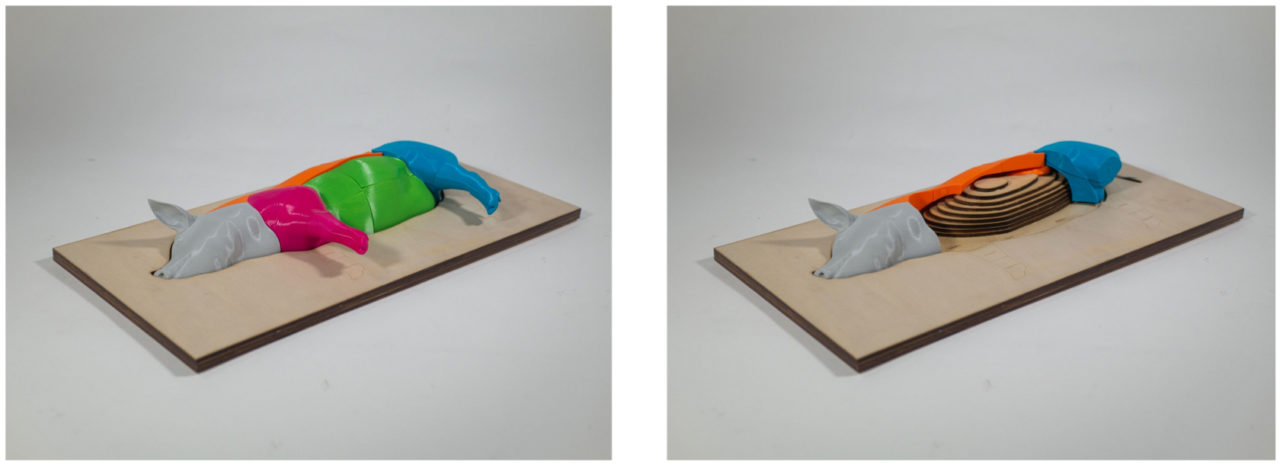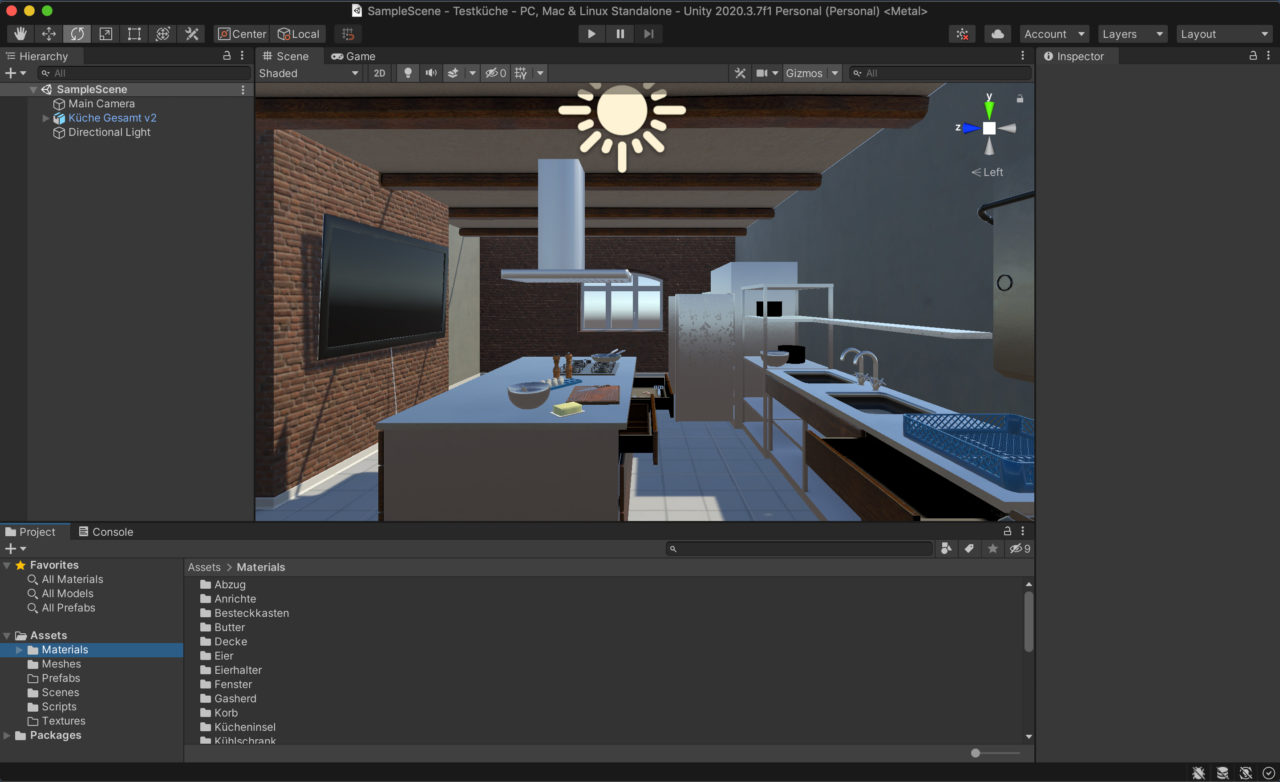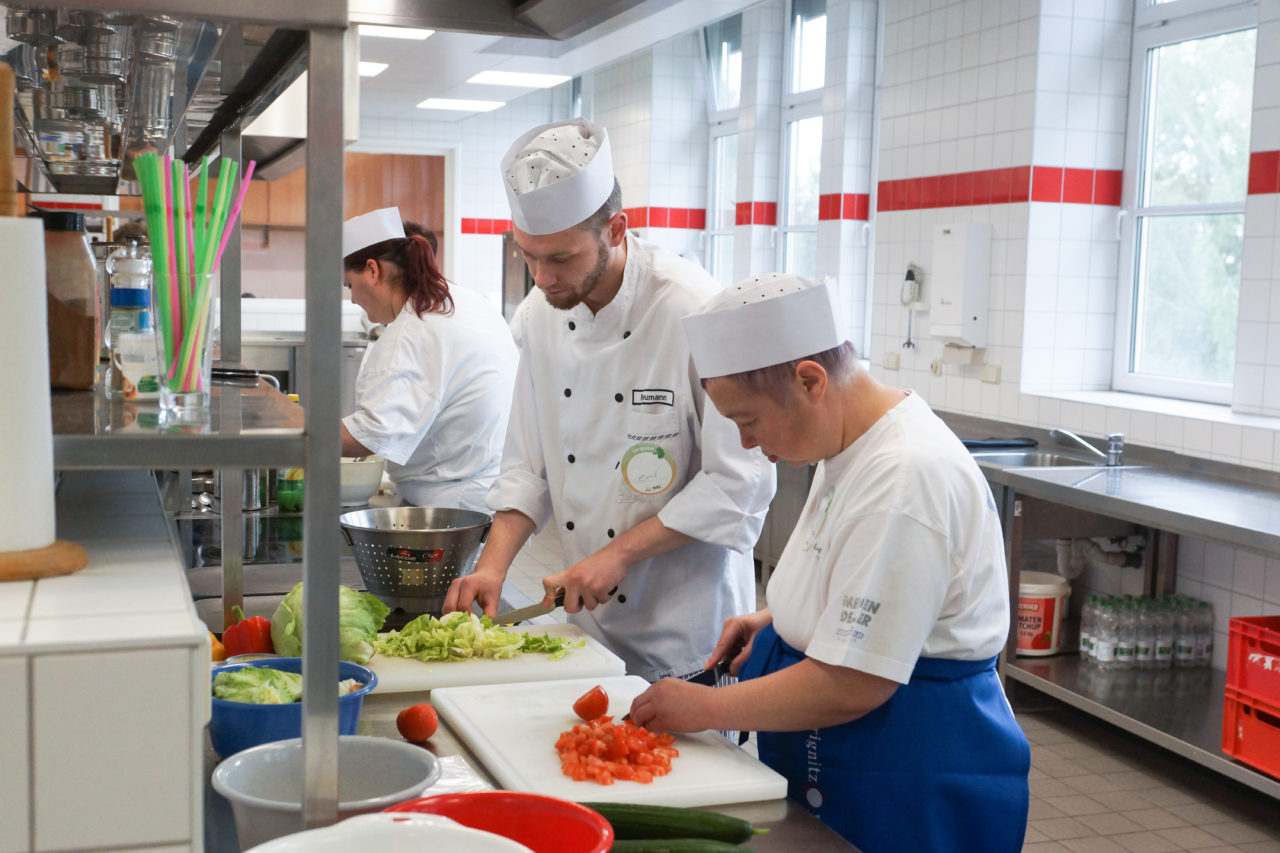The debate on inclusion in vocational training has been stepped up since the ratification of the UN CRPD at the latest. Article 24 (education) and Article 27 (work and employment) of the Convention explicitly refer to the context of vocational training (Enggruber & Rützel, 2014). In Article 24, the States Parties recognise the right of persons with disabilities to education. They commit to ensuring an “inclusive education system at all levels and lifelong learning” (UN CRPD, 2017, p. 20). Article 27 focuses on the “equal right to work of persons with disabilities” (UN CRPD, 2017, p. 24). This was accompanied by action plans, resolutions, recommendations, initiatives and statements for the training and employment sector (Enggruber & Rützel, 2014). For dual vocational training, the Vocational Training Act (BBiG) and the Crafts Code (HwO) form the legal framework for the inclusion of people with disabilities (Bylinski & Vollmer, 2015). The BBiG and the HwO stipulate that people with disabilities should be trained in recognised training occupations (Bylinski & Vollmer, 2015). “Inclusive vocational training could be further described as the right of people with disabilities to vocational training in a recognised training occupation, which is to be organised in the learning venues together with people without disabilities.” (Euler & Severing, 2016, p. 29).
The federal project “IKKE – Education and accessibility through digitalisation tools in vocational training” (FKZ 01PE18007) was funded by the Federal Ministry of Education and Research (BMBF) and the European Social Fund (ESF) as part of the “Digital Media in Vocational Education and Training” programme for the period from 1 August 2018 to 31 December 2021.
The urgent desire for change arose from the exchange of personal experiences regarding participation in vocational training and the rigid structures of the education system, which is characterised by segregated learning and even the clear separation of people with disabilities. Until now, the training and learning of the target groups has taken place separately at the project partners, in workshops for people with disabilities and in separate training systems. Companies do not have the necessary capacities for the assistance and individual support of people with impairments or disabilities. Added to this are disability-friendly workplace requirements and growing complexity, digitalisation and mobility, which present obstacles. There are currently few options and few suitable training and work opportunities for people with impairments or disabilities. Workshops for people with disabilities often offer no chance of obtaining a certified vocational qualification. By participating in a rehabilitation training programme or working in workshops for disabled people, participants are socially disadvantaged.
The core objective of the project “IKKE – Freedom of education and accessibility through digitalisation tools in vocational training” is to develop and research an innovative, digital teaching and learning environment for vocational training. Functional, modularised digital teaching and learning tools for the professional kitchen sector are intended to enable young people with and without disabilities or impairments (PWD) to learn together in a self-determined and self-controlled manner in a flexible, systematic way with and from each other at all vocational training locations, regardless of time and place.
The project took place as a cooperation between the partners BBZ Berufsbildungszentrum Prignitz GmbH, Oberstufenzentrum Prignitz des Landkreises Prignitz (OSZ), Lebenshilfe Prignitz e.V. and the Magdeburg-Stendal University of Applied Sciences. The alliance enables the active involvement of the relevant target groups of trainees as chefs, trainees as specialised kitchen interns and people with disabilities or impairments from the work area and the vocational training area of the workshop for disabled people (WfbM). At Magdeburg-Stendal University of Applied Sciences, the two departments of Applied Human Sciences and Business were involved in the project and were responsible for designing, trialling, implementing and evaluating the inclusive, digital learning support.
Ten key conditions for success for further projects and corresponding goals can be derived from the project results. These conditions can result in disruptive factors if they are not observed, and promotional factors if they are observed and implemented, and represent overarching results derived from the IKKE project (NN refers to the respective occupational profile, in the IKKE project it was that of the cook). For the corresponding project work, these central results should be thematised by all network partners and, ideally, implemented.
- Intensive involvement of the staff of the network partners in project planning and implementation (participatory approach).
- Intensive involvement of all target groups (NN trainees, specialised trainees and people with disabilities) in project planning and implementation (participatory approach).
- Information and discussion rounds for the staff of all network partners.
- Involvement of potential companies in the project through discussions and visits.
- Recognised modularisation of training and recognised partial qualifications (Quali modules).
- Adaptation and optimisation of structural aspects such as technology, premises and WLAN expansion.
- Inclusive teaching adapted to the respective individual skills and abilities through the use of special materials (accessibility) and personnel support.
- Inclusion of all those involved in education (including all teachers) through appropriate training, especially on the topics of inclusion, technology and didactics.
- Reducing prejudices and fears among staff and also among trainees and employees by getting to know each other, organising workshops and mutual visits.
- Project work according to the motto “Try and adapt if necessary” so as not to rule out certain methods or possibilities in advance.
The following relevant recommendations for action can be derived from the key conditions for success:
Promote motivation through
- self-organised learning
- Taking prior knowledge into account, providing different levels of difficulty
Support digitalisation through:
- Informing participants about the dangers of the digital world
- Training all participants in technology and programmes
- Establishing digital infrastructure (e.g. project partners, such as workshops, could also be equipped with tablets; tablets that participants can take home → for more location- and time-independent learning)
Strengthen inclusive cooperation through:
- Creating a feedback culture → learning how to deal with criticism
- Strengthen a sense of community through NN workshops (or other workshops in which cooperative learning is used), as the positive interdependence that takes place in cooperative learning has a socially integrative effect (Borsch, 2018)
- Train and deploy tutors/mentors as independent contact persons for experiences of exclusion
